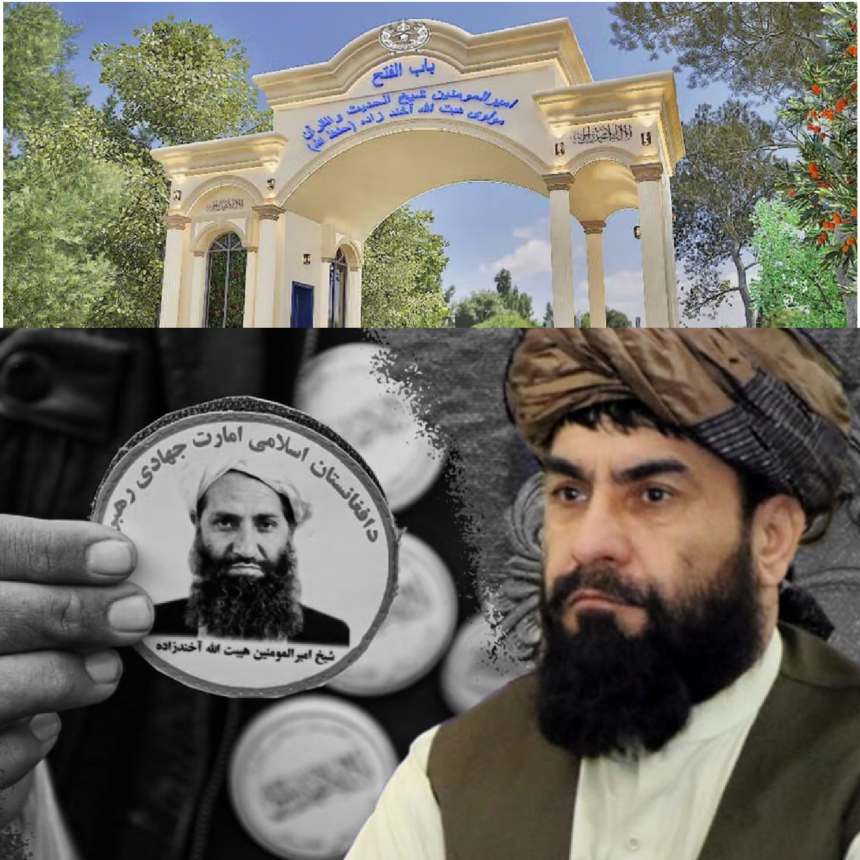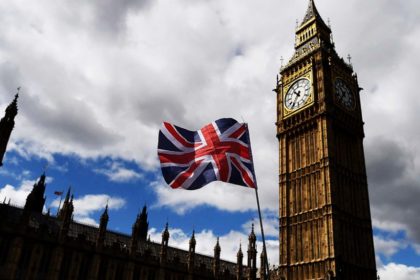RASC News Agency: The Taliban’s latest scheme has laid bare once again how the group exploits Afghanistan’s resources not for development or public welfare, but for ethnic patronage and the consolidation of power in Kandahar. In an official statement, Mawlawi Yusuf Wafa, the Taliban-appointed governor of Balkh, declared that with the “support” of Balkh’s leading businessmen, five monumental gates would be constructed in Kandahar. He claimed that the project is being financed by companies such as Kam Air, the Ghazanfar Group, Mazar Hotel, and other prominent investors from the north. But local sources insist this so-called “support” is nothing but forced tribute. Merchants and entrepreneurs in Balkh were pressured into compliance, knowing that defiance could bring crippling economic restrictions, targeted harassment, or worse. For them, payment was not voluntary it was survival.
Observers emphasize that this is not an isolated act. Since seizing power, the Taliban have repeatedly extorted funds from non-Pashtun business leaders, cloaking their demands in the language of religion, “national unity,” and security. Civil society activists in Mazar-e-Sharif argue that the Taliban’s governance model resembles that of a mafia using coercion as the primary tool of revenue collection while channeling resources away from the communities that generate them. Instead of investing in Mazar’s crumbling infrastructure, failing electricity grid, and chronic unemployment crisis, the Taliban funnel money southward into symbolic projects in Kandahar, their ethnic power base. Analysts call this a systematic transfer of wealth from the north to Pashtun strongholds, designed not to build the country, but to entrench Taliban rule through ethnic favoritism and resource monopolization.
The Taliban’s plan has triggered outrage among Balkh residents, who see it as both a humiliation and a robbery. One Balkh resident told Media:
“The Taliban destroy the monuments and cultural heritage of Persian-speaking cities like Balkh, yet they use our money to build gates in Kandahar. This is not governance it is looting imposed on the people of the north.” Another civil society activist described the Taliban’s economic policies as “mafia tactics under the guise of religion”, adding:
“The Taliban operate no differently from organized crime syndicates. The only distinction is that they sanctify their extortion with the language of Islam and claim it as legitimate governance.”
The announcement has ignited a storm of criticism on Afghanistani social media. Young activists and ordinary citizens alike denounced the Kandahar project as “open extortion” and a calculated attempt to humiliate non-Pashtun populations. One user on X (formerly Twitter) wrote:
“When Mazar suffers from water shortages, blackouts, and mass unemployment, why should Balkh’s money be wasted on building gates in Kandahar? These gates are not symbols of unity but monuments of our economic enslavement under Taliban rule.”
Another Facebook user commented:
“The Taliban build gates for Hibatullah in Kandahar with our money, but for Balkh they have not lifted a stone in four years. This is not solidarity. This is plunder.” Rather than promoting “national cohesion,” the project has deepened the divide fueling anger in the north, exposing the Taliban’s ethnic bias, and intensifying the perception that non-Pashtun communities exist only as resource pools to sustain Kandahar’s dominance.
Political analysts are clear: the construction of gates in Kandahar with money extorted from Balkh’s entrepreneurs is not a project of national significance, but a deliberate attempt to consolidate Taliban power through ethnic centralization. They argue that under Taliban rule, Afghanistan has no pathway to balanced development. Instead, the group’s governance is based on a cycle of systematic plunder, intimidation, and ethnic redistribution, where the north and non-Pashtun provinces are reduced to economic vassals. Until this cycle is broken, independent investment will remain stifled, entrepreneurs will continue to operate under duress, and citizens will be trapped in the belief borne out by experience that their resources are being drained not for national progress, but to fortify Taliban rule and Kandahar’s supremacy at their expense.






